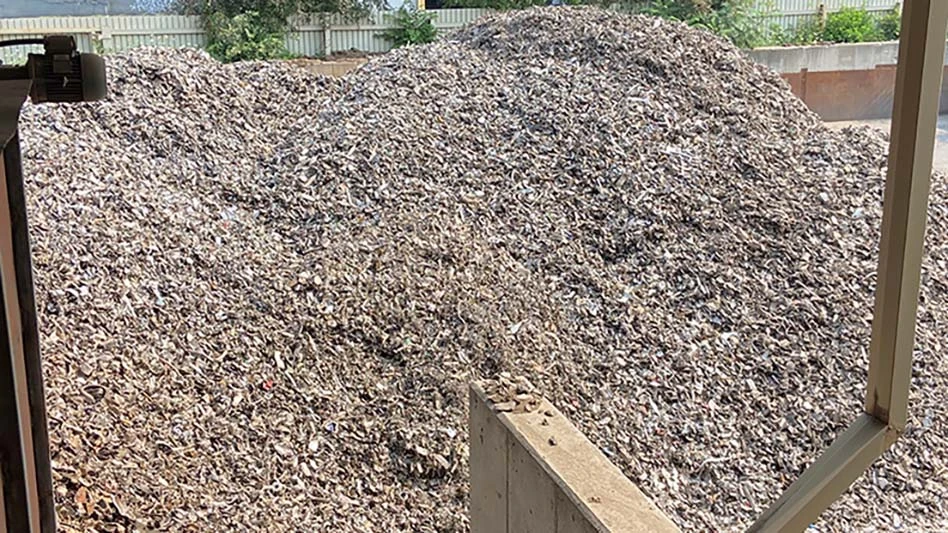
© donvictori0 / stock.adobe.com
Guest speaker Chris Slijkhuis of Austria-based Müller-Guttenbrunn Group (MGG) said one of the primary challenges affecting waste electrical and electronic equipment (WEEE) recycling is the recent Basel Convention amendment to control movements of “hazardous” material. He pointed to “unacceptable” delays in the notification process for moving material across borders, calling it “the big waiting” and giving the example of one of his company’s notification requests, which has been ongoing for more than three years.
“How can you build a circular economy on a basis like this?” he said.
Slijkhuis addressed the Brussels-based Bureau of International Recycling (BIR) E-Scrap Committee during the 2019 World Recycling Convention Round-Table Session, which took place in Budapest, Hungary, Oct. 14-15.
He suggested that the authorities’ current “hazard” approach could “kill recycling” and called for a move in the direction of a “risk” approach.
“We know very well where the risks are,” he said. Such a change would release more potential for recycling to reduce both the extraction of virgin resources and carbon dioxide emissions, he argued.
Slijkhuis also highlighted material losses through illegal scavenging, collections and exports. Among other challenges, he recognized that WEEE plastics recycling technology is “complex” and requires “major investment.” At the same time, he underlined the scope for innovation, incluing MGG’s patented Smasher depollution equipment and MGG Polymers’ achievement of a separating PC-ABS from WEEE. MGG is a recycling company that specializes in end-of-life vehicles (ELVs) and WEEE, as well as mixed metals and mixed plastics.
With plastics, the “key to success” is “to produce something that can go immediately into new products,” Slijkhuis said. This approach demanded substantial knowledge of plastic formulations to suit specific requirements as these commanded better prices.
Surendra Patawari Borad, chairman and founder of the brokerage firm Gemini Corp. NV, Antwerp, Belgium, reported that India is now allowing exports of printed circuit boards after a gap of several years. He added that the country is likely to generate 5.2 million metric tons of electronic scrap per year by 2020 compared with 2 million metric tons in 2016.
The report from China Scrap Plastics Association’s Executive President Steve Wong of Hong Kong-based plastics recycling company Fukutomi Co. Ltd. explained that several countries in Southeast Asia have been cracking down on illegal operators and imposing tighter controls, with some not allowing imports of postconsumer material.
On the issue of responsible recycling, BIR E-Scrap Committee Chairman Thomas Papageorgiou of Greece-based Anamet SA acknowledged the importance of controls to maintain safety, but also called for a balance to be struck.
After hearing Slijkhuis underline the need to create confidence through openness, transparency and development of industry standards, Robin Wiener, president of the Institute of Scrap Recycling Industries (ISRI), Washington, said the recycling industry must develop its own standards rather than leaving it to governments.
“We have to come together to define what is responsible recycling,” Wiener said.
Get curated news on YOUR industry.
Enter your email to receive our newsletters.
Latest from Recycling Today
- ReMA meets with Thai government over container inspections
- Ship dismantlers navigate new regulatory regimen
- Gershow announces several community involvement projects
- McKinsey identifies engineering polymers as a recycling opportunity
- Metso acquisition focuses on mill liner recycling
- Malaysian customs office seizes scrap containers
- Lindner establishes Brazil subsidiary
- Tire recycling veteran predicts growth in pyrolysis





